Holly K. Peralta, Credentialed English Teacher
Teaching Students
the Art of Language
the Art of Language



© Holly Kristine Peralta
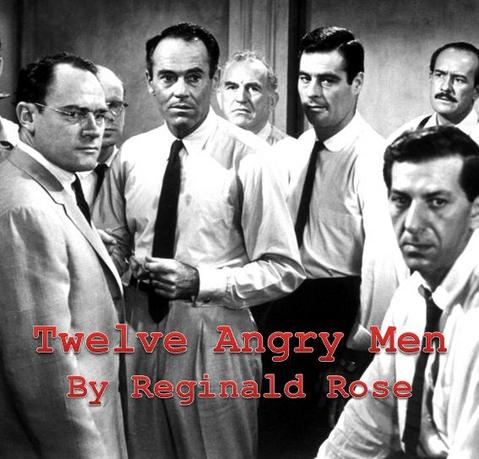 10th Grade Character Essays
10th Grade Character Essays"Twelve Angry Men" is a wonderful selection for instructing students according to 9th/10th grade California State Standards which require this age group to show mastery of characterization. Reginald Rose's play offers many characters from which students can choose to analyze.
One of the skills we want our students to walk away with is the ability to collaborate with others, even when others are difficult to work with. We also want them to be aware of their own personal biases and to be able to judicially control them, especially when the fate of another is on the line. I enjoyed teaching this text because I was able to explicitly show students the values of these skills in the context of criminal justice - another one of my personal interests!
Please enjoy the essays below. To see the full essay, simply click on the "continue reading" link to download the essay.
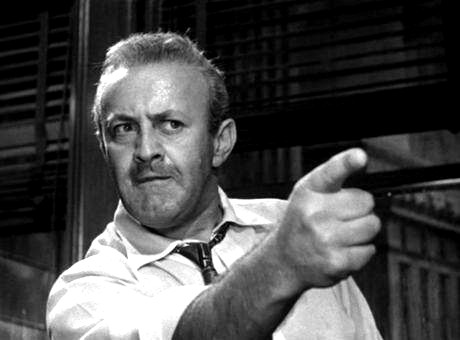
Juror Three is without any “reasonable doubt” the most emotionally tied to this case. He has trouble accepting opposition, because his attitude and past make it illogical to. During a discussion in the jury room, Juror Three contradicts a statement made by Juror Eight, when deliberating on the case; he commented “That’s old enough. He knifed his own father. Four inches to the chest. An innocent nineteen year old boy (Rose 15)”. From the beginning, this trial beckoned to Juror Three, the act of which this boy was found guilty of, Juror Three finds to be a complete atrocity and he refuses to sit idly by and allow the guilty verdict slide. Because of the obvious sarcasm Juror Three has when referring to “The innocent little boy” Juror Three is now in fault of a premarital decision on his verdict because of prejudice. The line “His own father” show’s that Juror Three is already trying to convince others of his view; he uses the word “own” to contact a nostalgic emotion in all of the jurors, he wants them to painfully remember their guardians, their selfless parents, he wants them to feel anger for what the man on trail has been accused of.
Continue reading Amir's essay...
Continue reading Amir's essay...
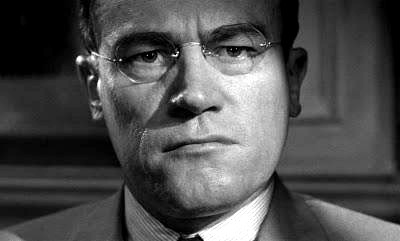
Juror Four uses his knowledge and skills early on in the deliberation process when the other jurors become engaged in superficial disputes; Juror Four states, “I don’t see any need for arguing like this. I think we ought to be able to behave like gentlemen” (Rose, 16) making the deliberation run smoother. Even this early in the play, Juror Four communicates his problem-solving skills and level-headedness. He sees no rational reason to involve emotions in deliberation because it will not contribute to a just verdict or a fair trial; Juror Four imposes this belief on the other jurors throughout the entire play in an attempt to keep the discussion based strictly on the information given to them during the trial. This belief in limiting the involvement of feelings is valuable in many real life situations because people tend to employ personal emotions in inappropriate situations.
Continue reading Hayley's essay...
Continue reading Hayley's essay...
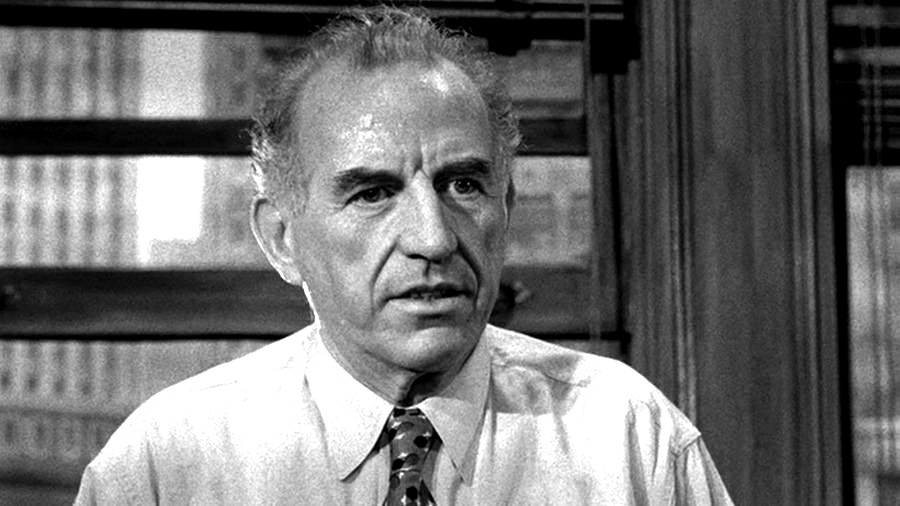
While it has been shown that Juror number Ten is not blind to the evidence that is shown, this does not mean that his racism will corrupt his thinking and he might not be able to come to a decision. Also during the end of Act III, when almost everyone has voted not guilty and all the evidence has been refuted he finally says this “I will always wonder. But there is a reasonable doubt,” now it seems he was able to put his bigotry aside and finally come to a conclusion. What this quote shows about Tens character is that he is able to put his prejudice aside and go outside his comfort zone to vote for the truth no matter how painful it is. This also shows that his close minded behavior is not lock minded behavior he is able to change his thoughts on a matter even if it goes against his beliefs or hatred.
Continue reading Justin's essay...
Continue reading Justin's essay...
Although Juror Two seemed to be a bit distant, he was actually locked in thought when he was getting ready to time the experiment that the jurors are putting together“…waiting for the hand to get to sixty”. His forbearance for detail is indicated when he put thought how each second he is off may affect the case. To make his task easier and accurate he waits until the second hand gets to sixty. The fact that he would put this much effort into timing shows that he is very persistent and even when faced with a trivial task puts all of his effort into it. In conclusion, Juror Two’s use of composure betters his judgment which led to a just outcome.
Continue reading Noah's essay...
Continue reading Noah's essay...
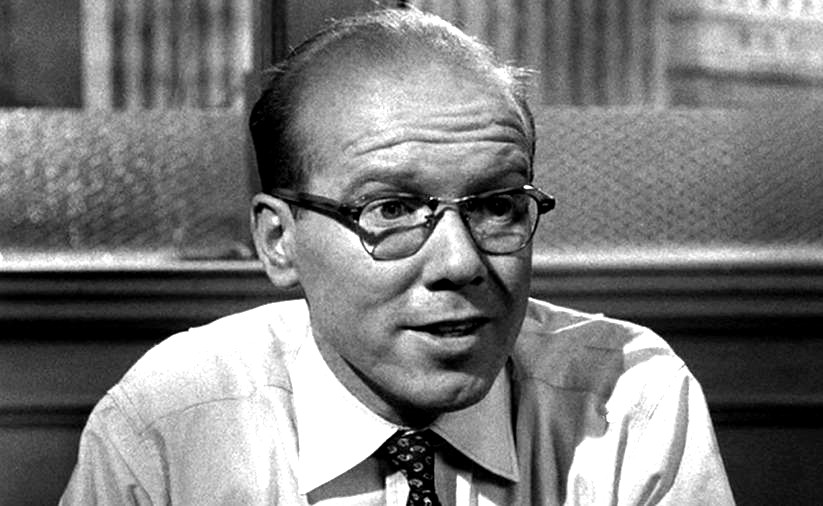
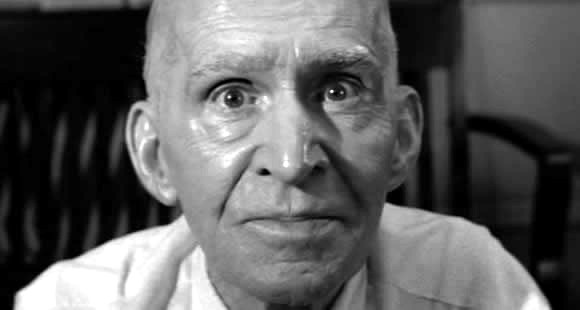
Juror nine not only shows wisdom when it comes to the legalistic aspects of the case, but he also shows wisdom in the way he lives. In Act II, Juror number nine tries to contradict an old mans’ unrealistic testimony while relating the witness to himself by saying, “(Low but firm) I speak from experience”(Rose 34), which demonstrates his wisdom from a long life. Having a lingering and full life, juror nine understands what the witness has gone through and he has knowledge of why his testimony may be false. Many people can have intelligence, however juror nine is one of the few who has used his personal life as a learning experience.
Continue reading Lexie's essay...
Continue reading Lexie's essay...